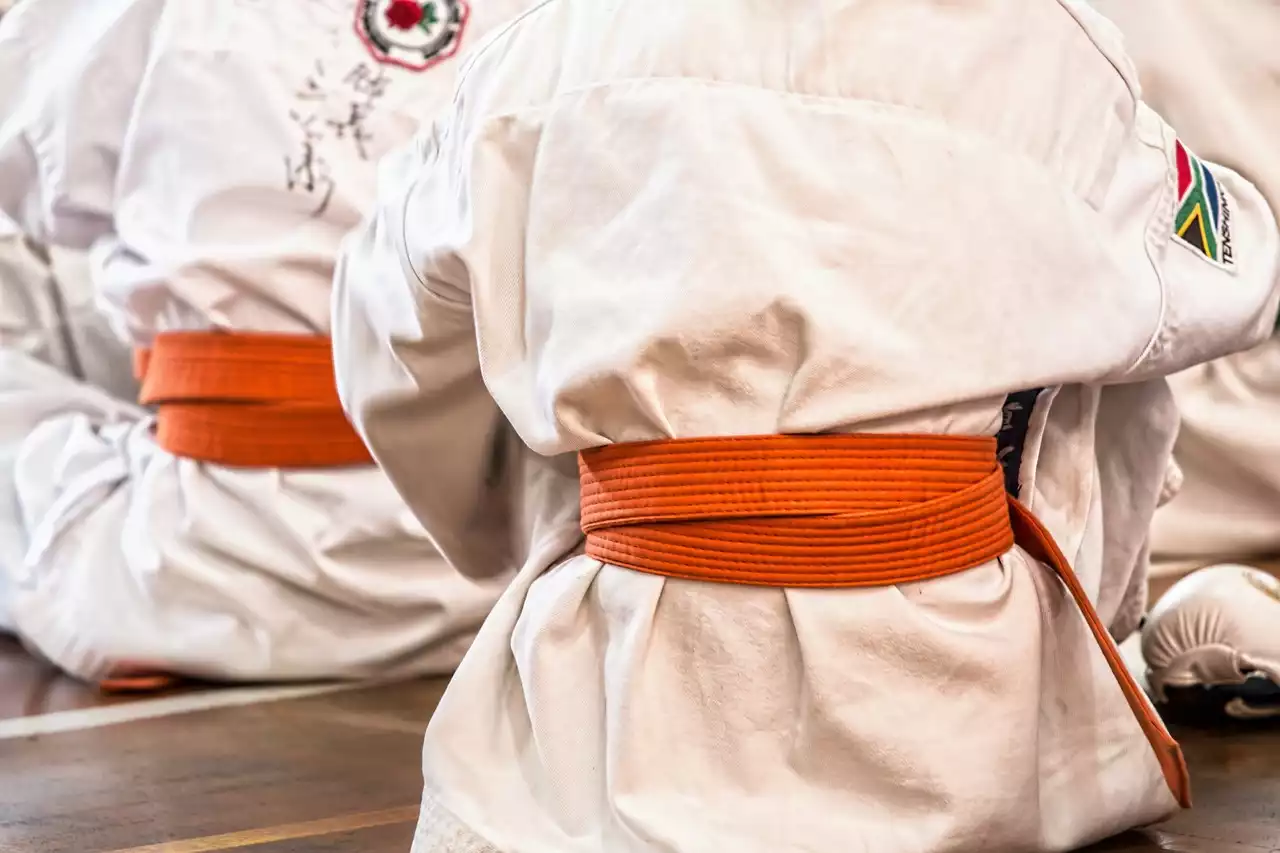The Physical and Mental Benefits of Competitive Training
Training in jujitsu provides many physical and mental benefits, including increased strength, flexibility, and endurance. Competing in jujitsu tournaments takes these benefits to the next level by providing a challenging environment that pushes practitioners to their limits. The intense physical demands of competition require participants to be in top physical condition, which can be achieved through regular training and conditioning.
In addition to the physical benefits, competitive jujitsu training also provides mental benefits. The pressure of competition can help practitioners develop mental toughness and resilience. Competing against skilled opponents requires a high level of focus and concentration, which can improve one's ability to stay calm and focused in other areas of life.
Lastly, competing in jujitsu tournaments can help practitioners develop a sense of discipline and self-control. The rules and structure of competition require participants to adhere to a strict code of conduct, which can be applied to other areas of life as well.
Jujitsu Competitions as a Way to Improve Technique and Skill
Competing in jujitsu tournaments provides a unique opportunity to test one's skills against other practitioners. This can be especially beneficial for those who are looking to improve their technique and skill level. In competition, practitioners are forced to step outside their comfort zone and utilize a wider range of techniques and strategies.
Competing against different opponents also provides a chance to learn and adapt to different styles of jujitsu. By studying and analyzing the techniques of other practitioners, one can improve their own skills and develop a more well-rounded approach to jujitsu.
Lastly, the feedback received from judges and coaches can help practitioners identify areas for improvement and develop a plan for continued growth and development.
The Importance of Goal Setting and Self-Improvement in Competition
Competing in jujitsu tournaments requires a high level of commitment and dedication. Setting goals and working towards them is an important aspect of competitive training. By setting specific, measurable, achievable, relevant, and time-bound (SMART) goals, practitioners can stay motivated and focused on their progress.
Achieving these goals can provide a sense of accomplishment and boost confidence. Practitioners who set and achieve goals in competition are more likely to continue training and competing, which can lead to even greater success in the future.
Overcoming Fear and Building Confidence Through Competition
Competing in jujitsu tournaments can be a nerve-wracking experience, especially for those who are new to competition. However, facing and overcoming these fears can lead to a significant increase in confidence and self-esteem.
By competing and performing well, practitioners can prove to themselves that they are capable of achieving their goals and succeeding in a challenging environment. This increased confidence can carry over into other areas of life as well, leading to greater success and happiness.
The Social Benefits of Participating in Jujitsu Competitions
Jujitsu competitions provide a unique opportunity to connect with other practitioners from around the world. The sense of community and camaraderie that develops through competition can be invaluable for those who are passionate about jujitsu.
Participating in competitions also provides a chance to meet and learn from other practitioners. By sharing techniques and strategies, practitioners can develop a deeper understanding of jujitsu and improve their skills.
Lastly, the friendships and connections made through competition can last a lifetime. Many practitioners who compete in jujitsu tournaments develop lifelong friendships and continue to stay in touch even after their competitive careers have ended.
How to Prepare for a Jujitsu Competition
Preparing for a jujitsu competition requires a high level of commitment and dedication. Practitioners should focus on developing a solid training routine that includes a balance of physical conditioning, technique training, and mental preparation.
In addition to physical training, practitioners should also focus on developing mental toughness and resilience. This can be achieved through visualization exercises, meditation, and positive self-talk.
Lastly, it's important to remember that competition is just one aspect of jujitsu. Practitioners should focus on enjoying the journey and learning from the experience, rather than solely focusing on the outcome.
Safety Precautions and Injury Prevention in Jujitsu Competitions
While jujitsu competitions provide a unique opportunity for growth and development, they also come with inherent risks. Practitioners should take steps to ensure their safety and prevent injuries.
Proper warm-up and cool-down routines are essential for injury prevention. Practitioners should also wear appropriate protective gear, such as mouthguards, headgear, and knee pads.
Lastly, it's important to listen to one's body and take breaks when necessary. Overtraining and pushing oneself too hard can lead to burnout and injury, so practitioners should prioritize rest and recovery as well.
The Impact of Jujitsu Competition on Personal Growth and Development
Competing in jujitsu tournaments can have a significant impact on personal growth and development. By facing fears and overcoming challenges, practitioners can develop increased confidence, resilience, and mental toughness.
Competitive training also provides a chance to connect with other practitioners and develop a sense of community and camaraderie. The friendships and connections made through competition can provide a sense of belonging and support that can last a lifetime.
Lastly, competing in jujitsu tournaments provides a chance to test one's skills and push oneself to new heights. By setting and achieving goals, practitioners can experience a sense of accomplishment and boost their self-esteem.
Overall, jujitsu competitions are worth the risk for those who are passionate about the art and want to take their skills to the next level. By focusing on personal growth, technique improvement, and injury prevention, practitioners can enjoy the journey and reap the many benefits of competitive jujitsu training.










